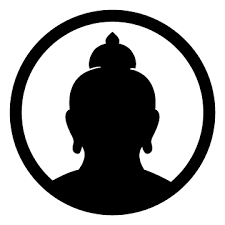Lion's Roar
 Lion’s Roar is an independent non-profit foundation whose mission is to communicate Buddhist wisdom and practices in order to benefit people’s lives and our society, and to support the development of Buddhism in the modern world.
Lion’s Roar is an independent non-profit foundation whose mission is to communicate Buddhist wisdom and practices in order to benefit people’s lives and our society, and to support the development of Buddhism in the modern world.
We are grateful to Lion’s Roarfor graciously providing free access to our users to access their articles referenced in the MWE curricular framework.
Below is a list of the Learning Goals which link to Lion’s Roar content. Additionally, you can view many other Lion’s Roar resources (include articles MWE has reposted with permission) in our resource library.
-
The methodology to apply
Differentiate between dharma as teaching methodology and dharma as ultimate truth; evaluate how core Buddhist...
-
Applying optimism and diligence when working with others
Differentiate between ordinary hope and authentic optimism in Buddhist practice; analyze how joyful effort (*virya*)...
-
Suffering Overview
Differentiate between the three types of dukkha by analyzing specific examples from personal experience; evaluate...
-
Buddhist approaches to social change
Analyze the work of exemplary, socially engaged Buddhists; implement their principles in daily life; and...
-
Five aggregates appearing as a self
Analyze the *five aggregates* (skandhas) as the components that create the illusion of a permanent...
-
Elemental and emotional energy seen as awakened wisdom
Implement practices that honor the five elements in daily life. Lead guided meditations that explore...
-
The wisdom of knowing when to act
Evaluate how cultural attitudes toward time and efficiency can either support or hinder compassionate action;...
-
The law of cause and effect
Analyze the concept of karma, differentiating between intentional actions and their outcomes, and evaluate how...
-
Stories of friendship and care
Listen to stories about characters who feel safe and happy when showing and receiving kindness,...
